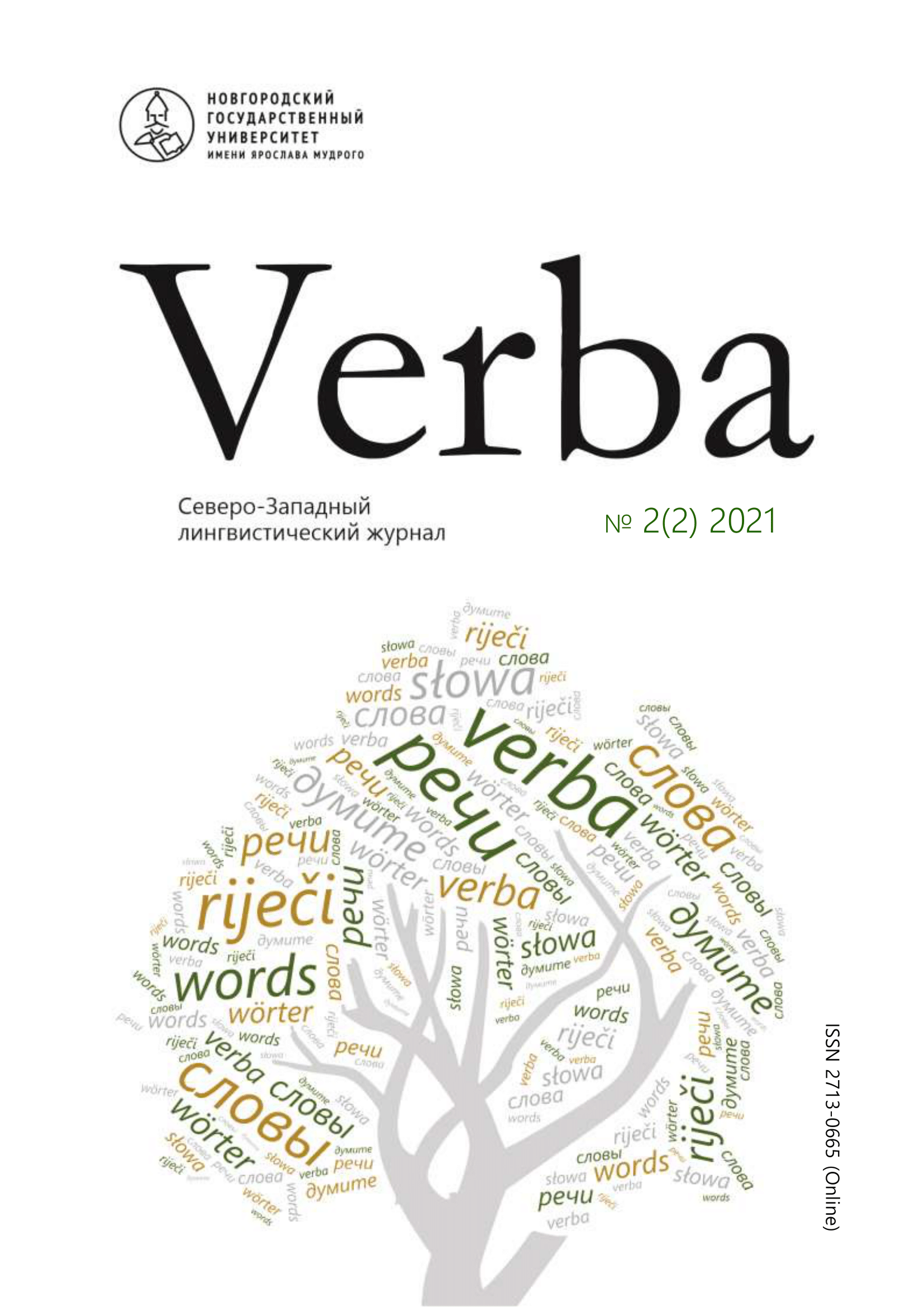Problems of Translation of M. Uspensky’s Phraseological Transformations into Polish
DOI:
https://doi.org/10.34680/VERBA-2021-2(2)-65-78Keywords:
phraseological units, phraseological transformations, phraseological trace, translation series, phrasemic schemeAbstract
In the article the author discusses translation problems connected to chosen phraseological transformations from the M. Uspensky’s novel „Who should be sent for death” while translating them into Polish. The object of the analysis was the translation series consisted of non-professional translations sent by nineteen translators, who took part in 12. Translation Competition organized by the Institute of Russian and Eastern Studies at Gdansk University in academic year 2020-2021. The analysis is based on the conception of the phraseological trace, by means of which the term covers either transformed phraseological units, or all other text elements connected to it, i.e. every actualization of the phraseological unit or phraseme in the text. The task of the translator is not only to choose the appropriate equivalent, but also to identify all phraseological traces and to make the sensible network of actualized senses. The word plays first of all serve the entertaining function, but in equal measure they enrich the text’s semantics and often fulfill the function of the sense and text generation. The lack of some elements of this semantic network can lead to the breakage in the semantic coherence of the text and disruptions in its perception. Moreover, translation problems with phraseological units concern not only their imagery level, but also cultural specificity of certain syntactic constructions, on which the phraseme is based. The non-professional translation series lets us identify the moments of the incongruence of the phraseological syntax and demonstrates the need of further research in this area.
Downloads
Downloads
Published
How to Cite
Issue
Section
License
Copyright (c) 2021 Verba

This work is licensed under a Creative Commons Attribution-NonCommercial 4.0 International License.








